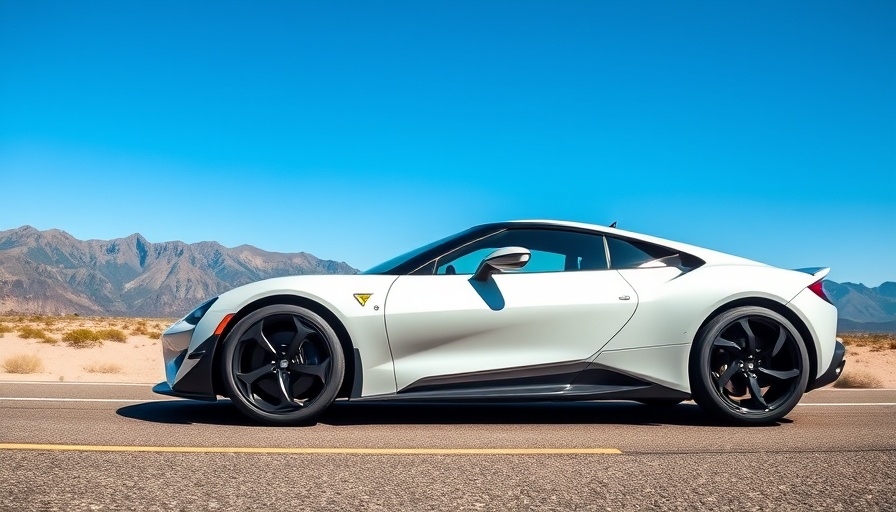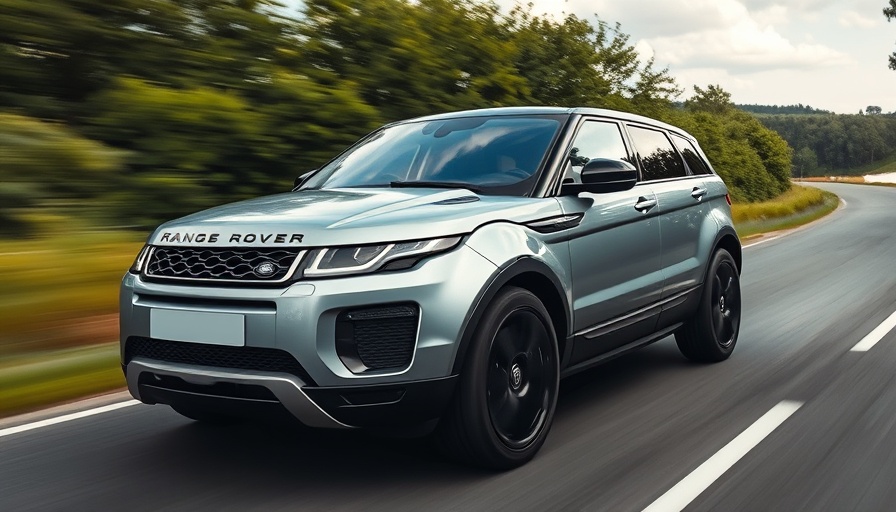
Introducing a New Era for Bentley’s Performance Cars
Bentley Motors, known for its luxurious vehicles that seamlessly blend performance and elegance, might be taking a remarkable step away from hybrid technology with future versions of its distinguished models: the Flying Spur and Continental GT. This evolution signals a potential return to pure performance vehicles, catering to enthusiasts who value traditional driving experiences.
Why Would Bentley Go Non-Hybrid?
As the automotive industry shifts towards electrification, many manufacturers are exploring hybrid and electric options. Bentley’s potential pivot towards non-hybrid performance embodies a bold response to this trend. The brand's CEO, Adrian Hallmark, suggests there are substantial buyers who still yearn for more traditional driving sensations. This is a substantial acknowledgment that not all consumers resonate with the hybrid narrative, particularly in a segment that has been characterized by power and prestige.
The Performance Landscape: What Customers Want
Recent market analyses indicate a growing demand for high-performance, non-hybrid options among luxury car owners. Consumers appreciate the immediate torque and visceral sounds of traditional combustion engines, often viewed as experiences that hybrids can’t replicate. By potentially reintroducing models without hybrid components, Bentley could attract buyers who prioritize thrilling driving experiences over fuel efficiency.
Exploring the Specs: What to Expect?
There remains speculation about which specific powertrains might feature in these non-hybrid editions. Historically, Bentley has wowed drivers with its robust W12 engines and potent V8 options. If these vehicles are reimagined with a focus on aerodynamics and performance tuning, they could redefine luxury sports cars capabilities. Imagine a refined Continental GT without complicated hybrid systems, focusing purely on the engine's roar and the excitement of acceleration.
Luxury Meets Engineering: The Challenges Ahead
Shifting focus back to non-hybrid models does bring challenges. Environmental regulations are tightening globally. For Bentley, this entails a careful balance between satisfying the performance enthusiasts and adhering to regulatory demands for emissions controls. There might be limits to how far the company can go without facing compliance hurdles, but their engineering teams are known for pushing boundaries creatively.
Where Does This Fit in the Current Market?’
The luxury market is not just about performance; it’s also about branding. As competitors continue to invest heavily in electric offerings, Bentley's decision to develop non-hybrid high-performance vehicles might position the brand as a unique player prioritizing tradition over trends. This freestyle approach could cultivate a new niche within the luxury automotive space, attracting buyers who appreciate the artistry behind performance engineering.
Conclusion: Anticipating the Future Bentley Models
While nothing is yet confirmed, the notion of a non-hybrid future for Bentley’s Flying Spur and Continental GT brings excitement and optimism for enthusiasts. As automotive trends evolve, it's crucial to envision what each shift means for the driver experience, not just the eco-friendly narrative. Bentley’s possible return to performance-based engineering reflects a hopeful future for luxury driving enthusiasts seeking authenticity in their automotive experience.
 Add Row
Add Row  Add
Add 




 Add Row
Add Row  Add
Add 

Write A Comment